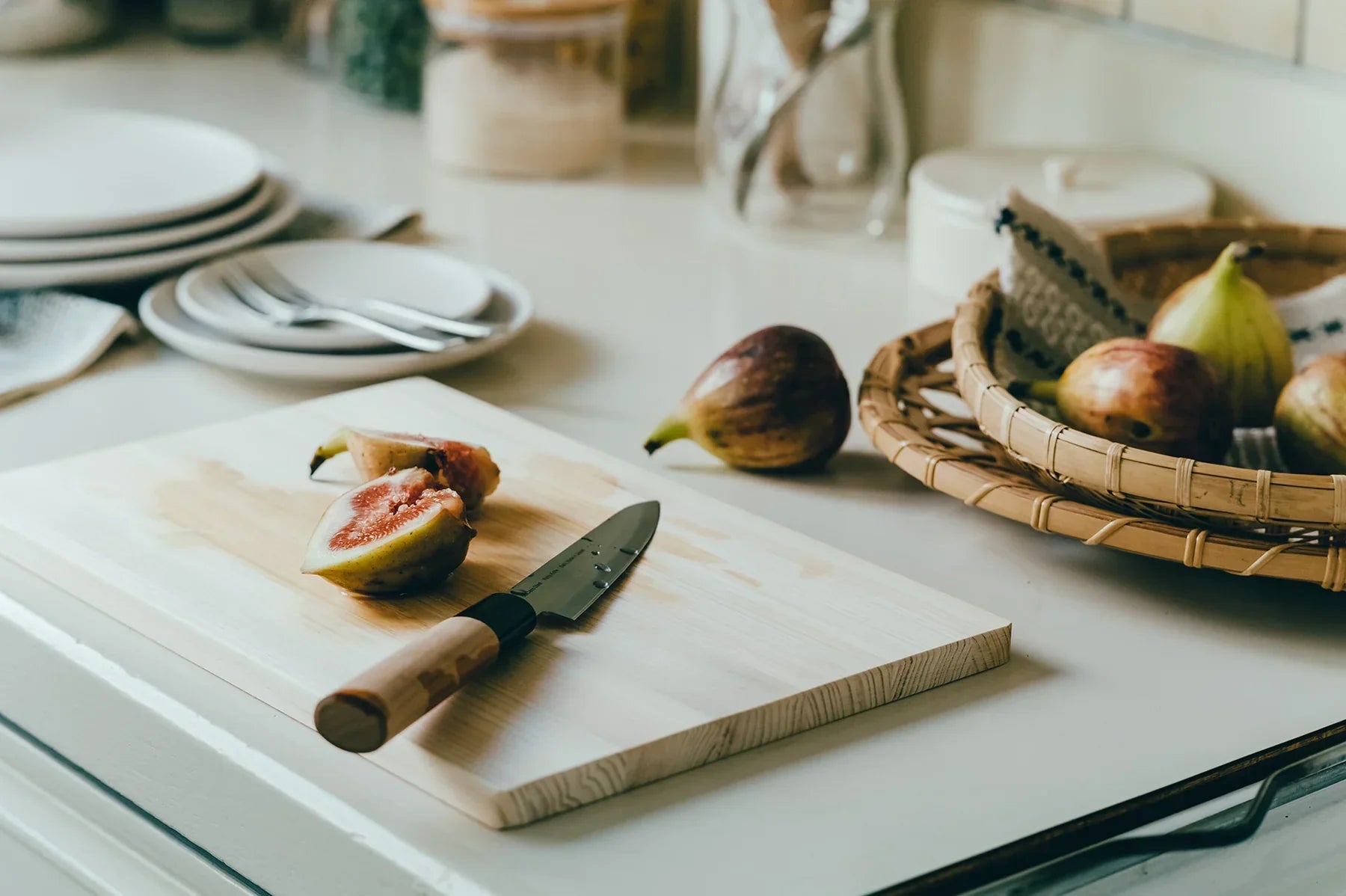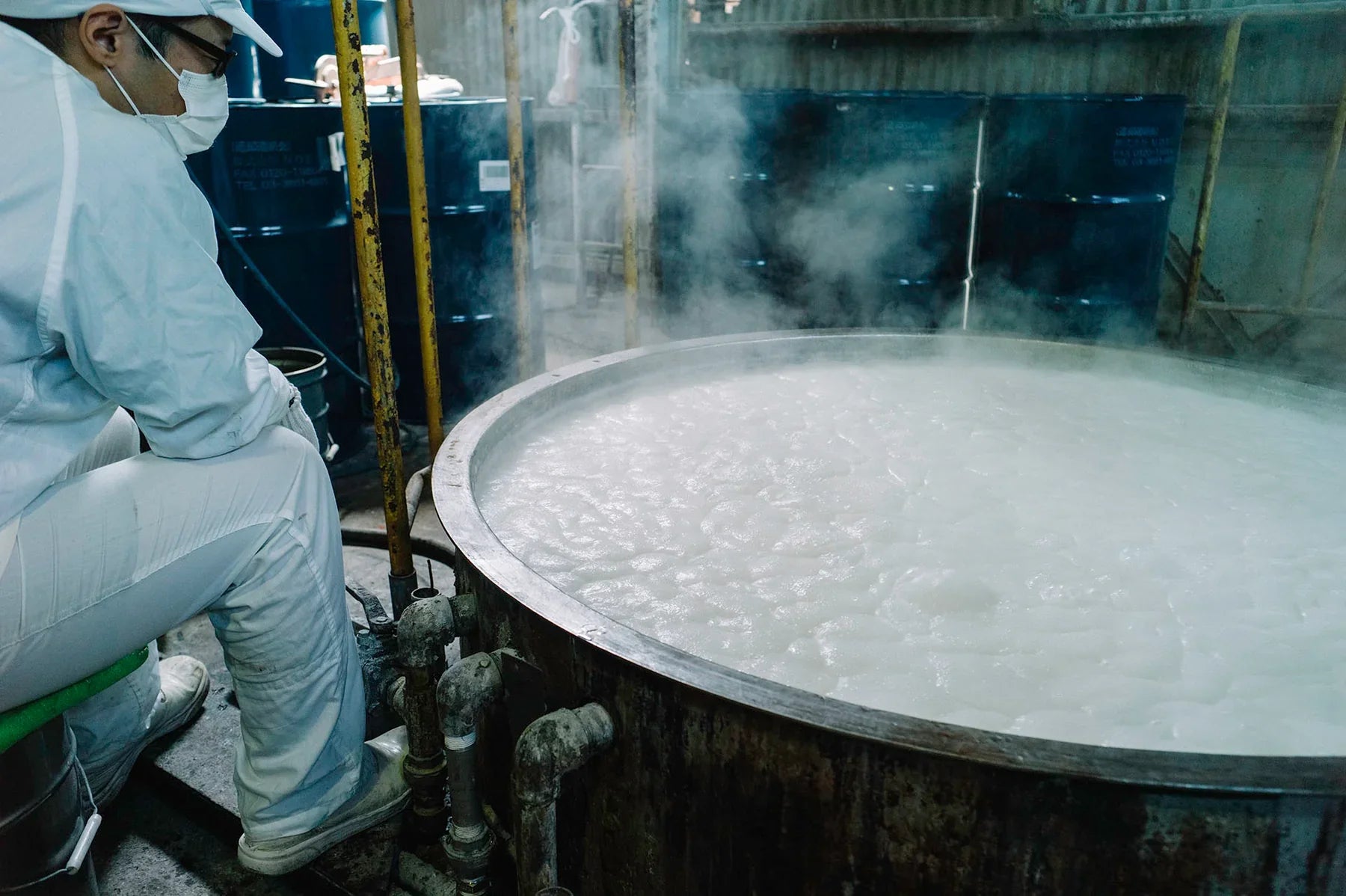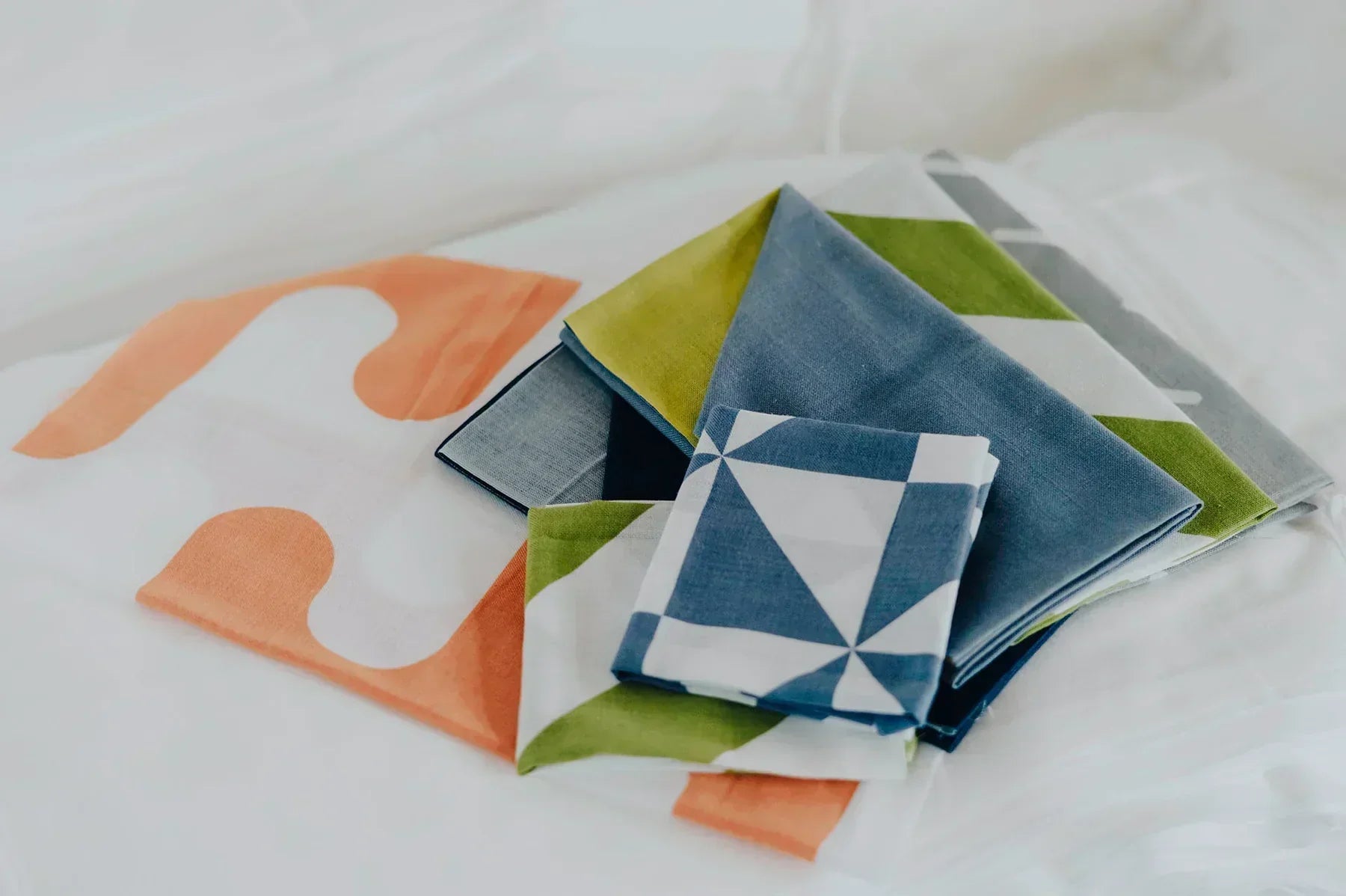
Knives from Seki City, Gifu Prefecture, one of the world's three major cutlery production areas
Seki City located in Gifu Prefecture, is recognised as one of the world's three major cutlery production areas and known as one of the "3S" cities, alongside Solingen in Germany and Sheffield in the UK.
The origins of blade making in Seki City can be traced back to the Kamakura period. The city is blessed with high-quality blade clay, charcoal, and abundant water resources from the Nagara River. It has long been known as the perfect place for sword making, and at its peak, nearly 300 swordsmiths gathered there.


This town has a history of sword making that dates back over 800 years, and even as times have changed to the production of more everyday blades, the high level of technique has continued to be passed down through the generations.
Crafting the world famous Seki City's knives involves more than 20 intricate steps, including pressing, hardening, polishing, back sharpening, and sharpening. While each stage is vital, the first process "hardening" is often considered the soul of the blade.



Knife production in Seki City operates through a division of labour, with craftsmen at each factory specialising in a specific step.
In this factory, quenching, air cooling, hardness testing, and distortion removal are carried out by veteran craftsmen who have been working only on these processes for decades.
Hardening is a very difficult and important step. Performed at around 1,200 degrees Celsius, the temperature and timing is fine-tuned depending on the size and thickness of the blade, but the exact duration relies heavily on the craftsman's decades of experience.
The Japanese idiom "yaki ga mawaru" ("becoming dull") originates from this quenching process. This refers to when blades that have been overheated or underheated lose strength.

This is a hardness test. The hardness changes greatly before and after hardening. To ensure quality and consistency, blades are selected for testing at random. Despite the handcrafted process, but there are almost no variation in the numerical values.
Once hardened, the blade move on to polishing and back sharpening. Hardening alone is not enough to make the blade sharp, so polishing is essential to bring out the blade's true sharpness.



Polishing is a delicate, precise process carried out by hand. To ensure sharpness and the quality of the blade, blades are also tested using a special machine that checks how many sheets of paper the blade can cut in a single pass by moving the blade back and forth once.

A sharp knife cuts through around 30 sheets of paper, but Standard Products knives have been shown to cut more than twice that, of around 70 sheets.
Despite their lightweight design, you'll be impressed by the sharpness and control Standard Products knives offer.

After polishing, the knives undergo final steps including machining the ferrule, sharpening, finishing, and a detail inspection.
During the final inspection, even the smallest stains and scratches that are invisible to the untrained eye are found. In order to maintain a stable quality, the work is carried out with great care and attention until the very last step.



In this way, Seki City knives are made by many craftsmen and workers. Each knife represents the expertise of many skilled hands, with a commitment to precision carried through every step.
We invite you to experience the exceptional craftsmanship of Seki City for yourself.

LATEST STORY

Laundry detergent made using the traditional kettle cooking method
This laundry detergent is made with pure soap, paired with a fabric softener that leaves a natural finish. Our goal was to create a product that strikes the right balance—easy to use, environmental...
Read more
Tenugui dyed using a technique unique to Japan
Sakai City, Osaka Prefecture, is a major production area for tenugui. Takeno Senko is the only company that can make double-sided roll-printed tenugui. Craftsmen carefully dye the textured Japanese...
Read more
Miscellaneous goods made from domestic wood and thinned wood
What image comes to your mind when you hear the word "deforestation"? While often associated with environmental loss, in Japan, sustainable forestry involves the careful use of thinned wood to main...
Read more